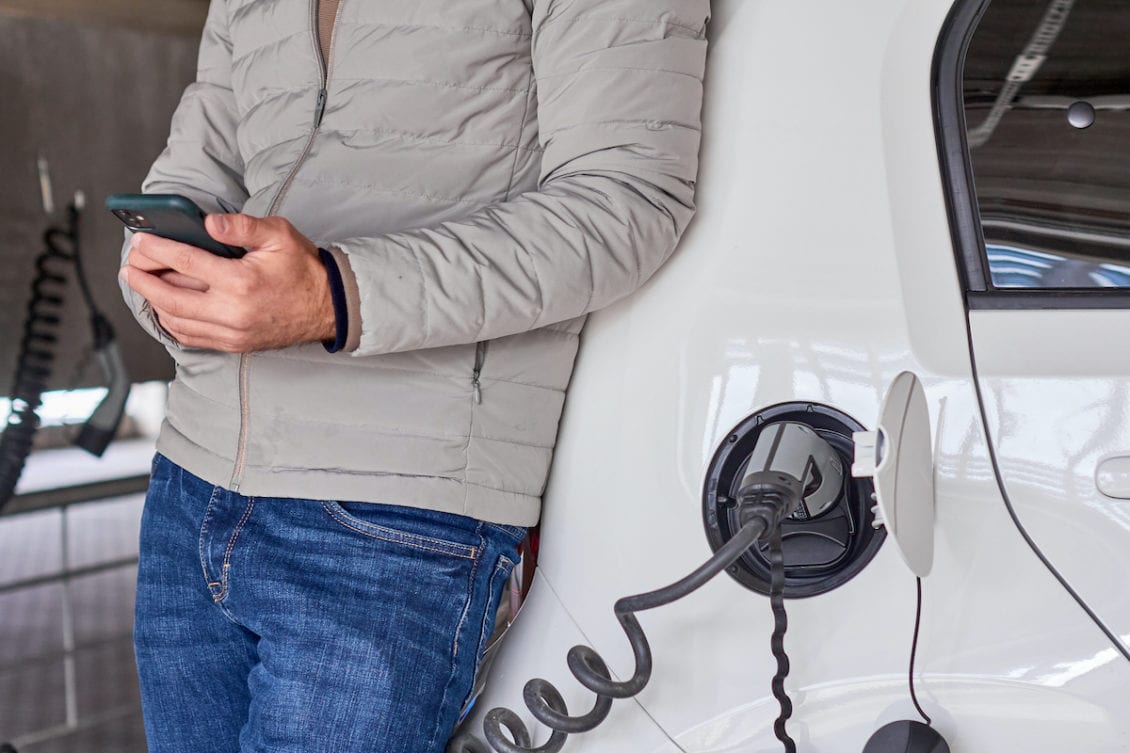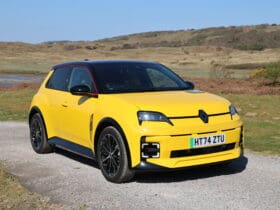Wales has slipped behind in the roll-out of public charging points to push forward the electric car revolution.
Research from the Department for Transport shows Pembrokeshire has the highest number of public charging devices with 96, followed by the Powys with 84. However, over 50 local UK authorities have more than 100 devices installed with Westminster boasting 1,021 – more than the whole of Wales.
The installation of electric vehicle charging points varies across Wales, while Pembrokeshire has 76 public charging devices per 100,000, and the Isle of Anglesey, 74. However many areas, such as South Wales, have a much lower take-up. Rhonda Cynon Taf has five devices per 100,000 residents, the lowest in Wales.
No Welsh local authorities feature in the top 20 percent of authorities across the UK for rapid charging points and only Bridgend, Cardiff and Newport make it to double figures for the number of devices installed.
Ofgem’s recent announcement is aiming to address the situation and will see 3,550 ultra-rapid charging devices rolled out across the UK over the next two years. Talbot Green, Cardiff, and Llandudno are named as places earmarked to receive increased network capacity to support more ultra-rapid charge points and commuters in North and Mid-Wales will be able to charge their electric vehicles at train stations.
The government announced in November that wholly powered petrol and diesel cars will no longer be sold in the UK from 2030 as part of the ‘green industrial revolution’ to tackle climate change. The prime minister says the government plans to ‘invest more than £2.8 billion in electric vehicles, lacing the land with charging points’.
Greg Wilson, Quotezone’s Founder says: “Wales progress installing vital infrastructure for electric vehicle owners shows there is much work to be done.
“Even though greener cars are becoming more popular at the expense of diesel and petrol cars, there are issues which could take the government’s ambitious plans off the road. One challenge is range anxiety; motorists may hold off buying electric cars because they fear the lack of a charging point will leave them stranded. Initiatives such as Ofgem’s new scheme will make a difference, boding well for Wales’ electric future.
“Historically, insurance premiums may have been higher as spare parts for electric vehicles could be harder to source and mechanics that specialise in these particular vehicles were harder to find but as electric cars become more mainstream and a growing number of insurance providers enter the electric car insurance market, we expect the average cost of insuring electric cars to fall steadily. The use of a comparison website such as ours, will help drivers compare quotes and find the most competitive premiums.”









Leave a Reply
View Comments